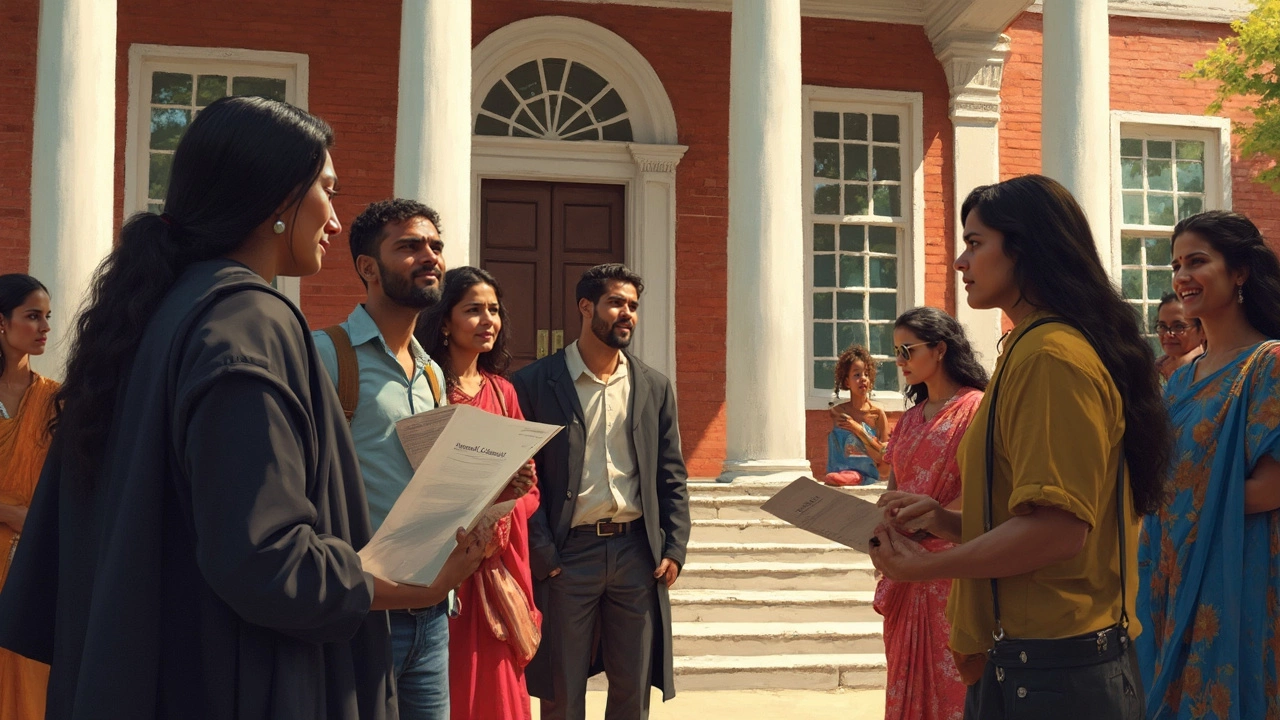Civil Lawsuit Venues Explained
When you start a civil lawsuit, the first decision you’ll face is where to file it. That place is called the venue. It’s not just a piece of paperwork – the venue decides which court will hear your case, which judges might be involved, and even how fast things move. Picking the right venue can save you money, time, and a lot of headaches.
Why venue matters
Venue is different from jurisdiction, but the two work together. Jurisdiction is about a court’s legal power over the subject matter and the parties. Venue is about the geographic location that’s most appropriate for the dispute. If you file in the wrong venue, the other side can ask the court to move the case, which delays everything and adds extra costs.
Choosing a convenient venue also helps you and any witnesses attend hearings without traveling across the country. Some venues are known for faster rulings, while others might have judges who specialize in certain types of civil claims, like consumer disputes or property matters. Knowing these nuances lets you plan a strategy that fits your budget and goals.
Common venues for civil cases
In India, most civil lawsuits land in one of three courts:
- District Courts – They handle most civil matters where the claim value is up to a certain limit (often ₹20 lakh). If the dispute is local and the amount isn’t huge, this is usually the best spot.
- High Courts – If the claim exceeds the district limit or involves a complex legal question, you go to the High Court of the relevant state. High Courts also hear appeals from district courts.
- Specialized tribunals – For specific issues like consumer complaints, motor vehicle accidents, or tax disputes, tribunals can be faster and more focused.
Where you live, where the defendant lives or does business, and where the contract was performed all play a role in deciding the proper venue. For example, if you bought a faulty product online, you can usually file in the consumer court of the state where the seller is based or where you received the product.
Another practical tip: check the contract. Many agreements contain a “forum selection clause” that tells you exactly which court will handle any disputes. Courts respect those clauses unless they’re unreasonable or illegal.
Before you file, talk to a lawyer who can run a quick venue check. They’ll compare the claim amount, parties’ locations, and the nature of the dispute to recommend the most favorable court. It’s a small step that can make a big difference later.
Bottom line: the venue is the foundation of your civil lawsuit. Getting it right means you’re in the right courtroom, with the right judges, and on a path that moves quickly. Take a few minutes to review the rules, talk to an expert, and file in the proper place. Your case will thank you.
Where Are Civil Cases Heard in VA? Your Guide to Virginia Courts
Wondering where your civil case will be heard in Virginia? This article explains the different state courts that handle civil cases, breaking down which court fits which type of case. From small claims that involve a few hundred bucks, to larger lawsuits, you’ll find out exactly where to go. Get tips on what to expect and what mistakes to avoid. Perfect for anyone about to dive into legal action in Virginia.
